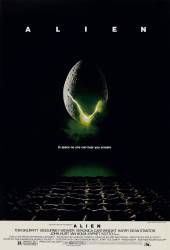
Factual error: When the crew shoots Kane's body out into space, the door opens up and "explosive decompression" causes Kane's body to fly out into space. At the beginning, the body slowly rotates. Then as it moves further away, the body begins flipping much faster. The reason something would increase speed in rotation like that is due to aerodynamics. An object traveling through space would simply keep the same rotational velocity it begins with since there is no air or other influences (gravity, etc.). The explosive decompression may cause it to increase rotation speed, but by the time it begins to flip, any air would have dissipated into space and not work as a column of air/wind to force the body into a flip.
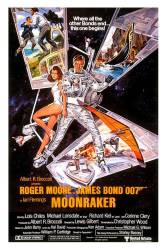
Factual error: Although it's already been mentioned that the scene of the shuttle being stolen from the back of the 747 is impossible because the shuttle wouldn't be fueled while being transported, it should also be noted that even if the shuttle was fueled, it would still be just as impossible. During the getaway, the thieves ignited the shuttle's three main engines to get free of the 747 and escape. The thing is, the shuttle's main engines are fueled entirely by the large external tank the shuttle and the solid fuel boosters are attached to during liftoff, and once the tank is jettisoned, these engines cannot be used. The only engines the shuttle's internal fuel feeds are the reaction control thrusters and the Orbital Maneuvering System (which are the two smaller engines located in the bulges just above the main engines). Both the RCS thrusters and OMS engines are almost totally useless within the atmosphere, so even if the thieves managed to get the shuttle free of the 747, they could only get it as far as it would glide unpowered. In fact, they could probably get it further if it wasn't fueled. It should be noted that this is not a fictional, futuristic spacecraft. It's a bog standard shuttle, stolen from NASA, on the back of the modified 747 used by them to transport the orbiter from its landing site to Cape Canaveral.
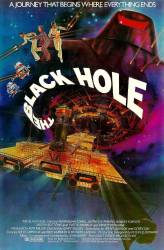
Factual error: In the PALOMINO scenes, Anthony Perkins wears a long lab coat. In most of the scenes, it hangs straight down; but in the low gravity aboard the ship it should be flattering about (that's why such loose garments are not worn by real-life cosmonauts; they would be a hindrance).
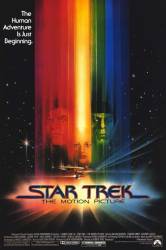
Factual error: In between the scenes when they are leaving Earth and passing through the Jupiter system, you can see stars flying by on the viewer. How could they be flying by stars if they haven't even left the Solar System?
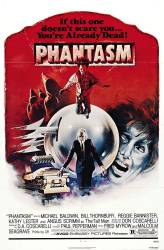
Factual error: Mike attaches a shotgun shell to a hammer to blow a hole in a door. This would be quite likely to kill him - in a shotgun blast, the explosive force, and hence the buckshot, is channelled along the gun barrel. Without a barrel to channel the force, the blast would send buckshot in all directions. (01:00:40)
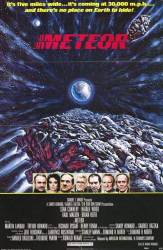
Factual error: When Mission Control talks with Challenger 2, the Spacecraft's camera feeds of the Crew are displayed up on two wall-sized TV screens. Between them is the familiar Mercator map of Earth with the ground track of a low-orbiting satellite superimposed. Challenger is nowhere near low orbit: it's out past Mars, in the Asteroid Belt. The middle screen would have a schematic of the ship's interplanetary path.
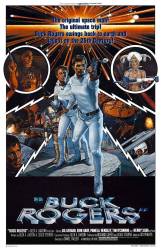
Factual error: Buck Rogers is supposed to be a Captain in the Air Force, but he is wearing Navy wings. In fact he is not even wearing Naval Aviator (pilot) wings, he is wearing Naval Flight Officer (navigator) wings.